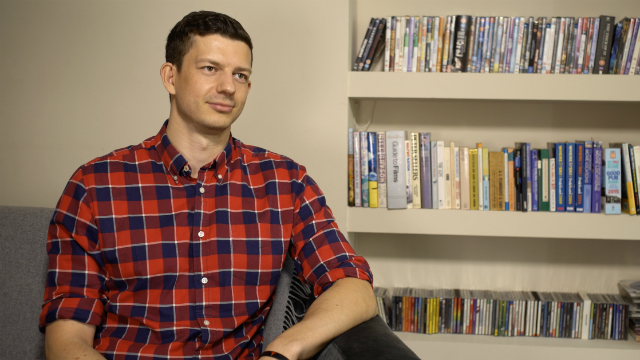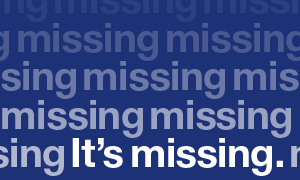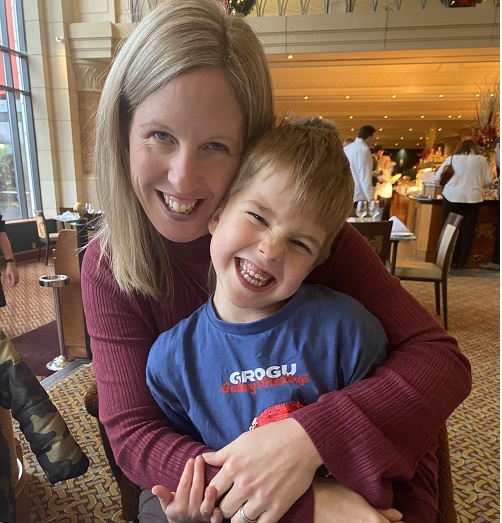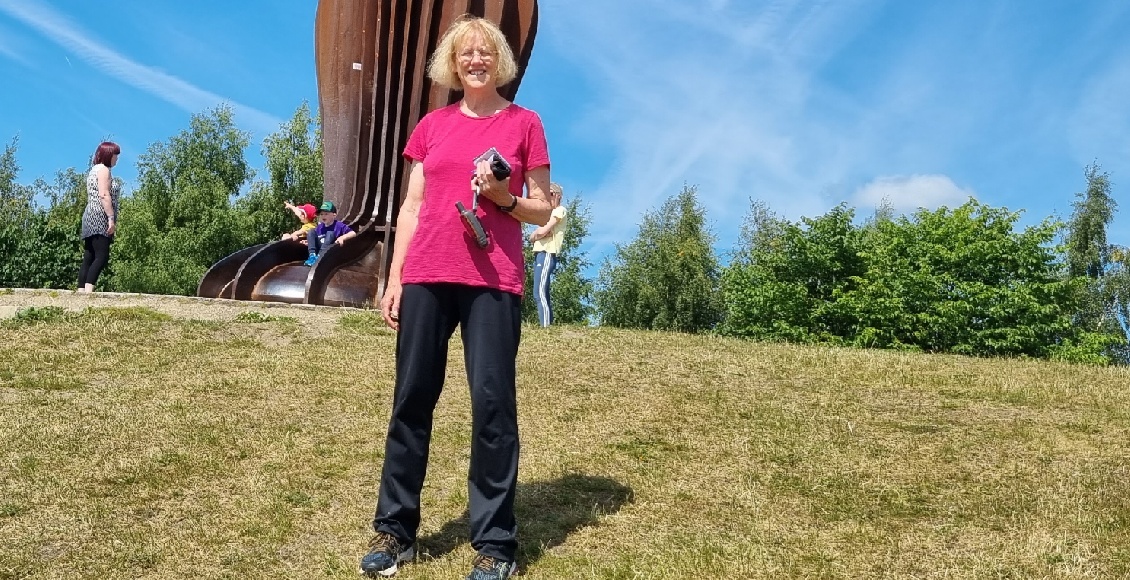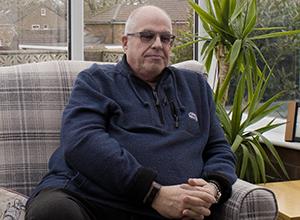
John Lewindon
Diagnosed in 2009.
The underlying psychological part of diabetes wasn't recognised.
John, a retired social worker and former Merchant Navy Chaplin, didn’t face up to having type 2 diabetes for seven years, despite pleas from his family and medical staff and clear warning signs. He and his wife Kath have three children and five grandchildren and share their Cardiff home and life with an adult with learning difficulties who has been in their care for 15 years.
